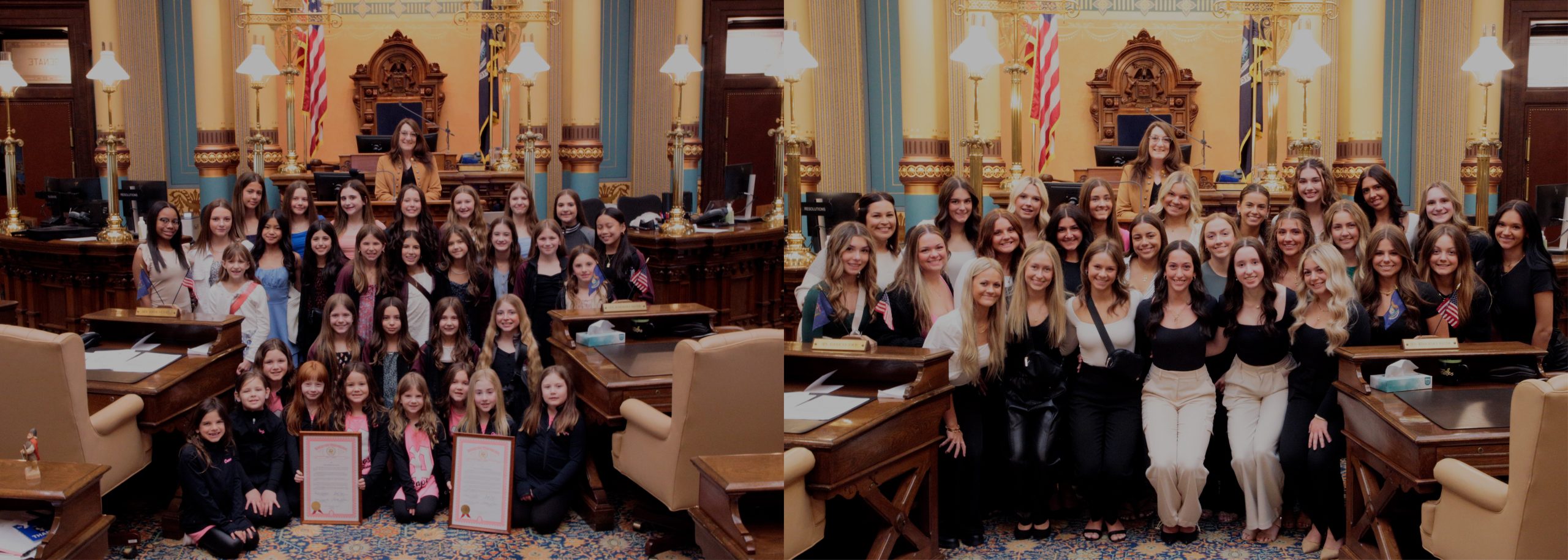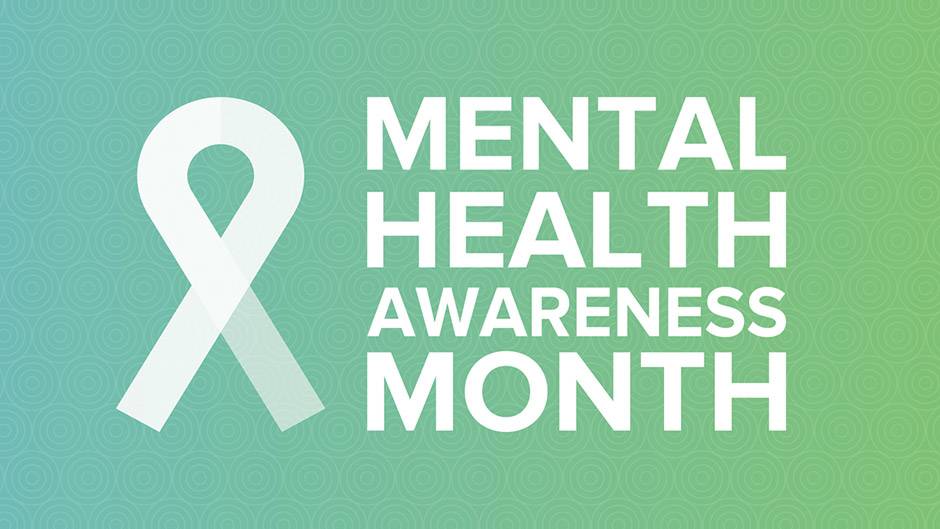
Dear Neighbor,
Both in Lansing and throughout District 11, our team has been keeping busy on legislative priorities and connecting with constituents. With this newsletter, I hope to provide an update on the many things we’ve been up to.
As always, if you or someone you know would like to provide any feedback about what’s happening in Lansing, or needs assistance of any sort, please feel free to reach out to my office at SenVKlinefelt@senate.michigan.gov or call 517-373-7670.
Sincerely,

Veronica Klinefelt
State Senator
District 11
Featured in This Newsletter
- In Recent News
- Legislative Updates
- In the Community
- Resources
In Recent News
EPA Awards Michigan With Historic Investment in Solar Energy for Low-Income Residents
Local and state leaders from the Michigan Department of Environment, Great Lakes, and Energy (EGLE), Michigan Infrastructure Office (MIO), City of Detroit, community organizations and state legislators are celebrating a historic $156 million investment in solar energy by the U.S. Environmental Protection Agency (EPA) to the State of Michigan to accelerate the deployment of community and rooftop solar for thousands of low-income households across the state.
The initiative, known as the Michigan Solar for All (MISFA) program, aims to reduce utility costs for families, foster job creation, and strengthen Michigan’s advanced clean energy sector — all while moving the state toward its MI Healthy Climate Plan goals. The program is expected to make a substantial impact by providing low-income households across Michigan with access to affordable renewable energy and by enabling home repairs, reducing their energy bills by up to 20%.
To stay informed with MISFA updates, please sign up via the MI Solar for All Interest Form.
Working to Keep Michigan Roads Safe: Recognizing Distracted Driving Awareness Month
Distracted driving accounts for about 25% of all crash fatalities, and in 2021, there were 6,543 motor vehicle crashes here in Michigan involving a distracted driver.
To help rectify this issue and keep our roads safe for Michiganders driving to work, school or anywhere in between, I joined a bipartisan group of colleagues last year to update our distracted driving laws. Before, texting while driving was a ticketable offense, but things like scrolling social media or taking a video were not. Senate Bills 239–241 made a much-needed update to our laws to ensure Michigan is truly a hands-free state and encourage people to focus on the most important task on the road: driving safely. These bills were signed into law and took effect on June 30, 2023.
As a result, you cannot manually do any of the following on a cell phone or other electronic device while driving:
- Make or answer a telephone or video call.
- Send or read a text or email message.
- Watch, record, or send a video.
- Access, read, or post to social media.
- Browse or use the Internet.
- Enter information into GPS or a navigation system.
Legislative Updates
Melody’s Law
Our office introduced “Melody’s Law” after working diligently behind the scenes with the family of Melody Roher and the Legislative Service Bureau. This package of bills stems from the despicable 2021 murder of Mrs. Rohrer who was a cherished member of her community — a light to her family, a soulmate to her husband Richard, a best friend to her daughters Brooke and Jill, a devoted grandmother, sister, daughter, and friend. Tragically, after her murder, she was also the victim of a heinous act of sexual assault.
Senate Bills 841–843 seek to explicitly outlaw necrophilia and have been assigned to the Senate Committee on Civil Rights, Judiciary, and Public Safety. We hope to move these bills through the legislative process quickly to fix this loophole in our criminal justice system.
Repealing Driver Responsibility Fees
Last month, the Senate voted unanimously on my bills, Senate Bills 706 and 799, which would end the $125 reinstatement fee Michigan drivers must pay if their license was suspended for not paying outstanding driver responsibility fees (DRFs).
Click here to learn more about these bills as they move to the House Committee on Transportation, Mobility, and Infrastructure.
Working to Deliver a Fiscally Responsible State Budget
Crafting our state budget is a collaborative effort involving negotiations between both legislative branches and the governor. Each year, a new state budget is signed into law to distribute funding to residents, schools, communities, businesses, local governments, and more.
Currently, we’re in the thick of our annual budget process as we vote on the Senate recommendations this week. As we work to deliver a budget by the end of June, I encourage you to learn more about the process and the investments we’re looking to make to support communities across Michigan — read more here.
In the Community
Welcoming Championship Winners from the Dakota Varsity Dance Team, the Dakota Varsity Junior Dance Team, the Sequioaettes Dance Team, the Indianettes Dance Team, and the Papoose Dance Team to the Capitol

MDARD Town Hall with Representative Denise Mentzer

Celebrating Josie Kempken’s Retirement from TACOM

Resources
Essential Resources for Mental Health Awareness Month

With one in five Americans and nearly 1.5 million Michiganders experiencing mental health issues each year, it’s important to remind ourselves to care for our mental and emotional health. If you find yourself emotionally struggling or experiencing a mental health crisis, please be sure to utilize the following resources and remember — you matter!
Crisis Lines
- 988 Suicide and Crisis Lifeline: 988 is a 24/7 toll-free nationwide hotline that provides confidential and compassionate care for anyone struggling with behavioral health issues, emotional distress or substance use crisis. If you or someone you know is struggling or in crisis, help is available. Call or text 988 or visit their Lifeline Chat to connect with a trained crisis counselor.
- Veterans Crisis Line: The Veterans Crisis line provides veterans and their family members with 24/7, confidential support. To connect, call 1-800-273-8255 and press 1 or text 838-255. You do not have to be enrolled in VA benefits or health care to call.
- Trevor Lifeline: The Trevor Project has trained counselors who understand the challenges young people in the LGBTQ community face and are available for support 24/7. Call 1-866-488-7386, text 678-678, or click here to speak with a crisis counselor.
Locating Treatment Services
- Michigan 211: If you need assistance locating long-term mental health resources, talking through a problem, or exploring mental health treatment options, call 211 or visit mi211.org to speak with a live person who can help. All conversations are confidential, can be made anonymously, and are available in 180 languages upon request.
- Substance Abuse and Mental Health Services Administration: Visit FindTreatment.gov, a confidential and anonymous resource, to locate treatment facilities for mental and substance use disorders near you.
- Michigan Community Mental Health Services Programs: CMHSPs provide a comprehensive range of services and supports to children, adolescents and adults with mental illnesses, developmental disabilities and substance use disorders in all 83 Michigan counties. Find your local program here.
Guidance on Creating Tick-Safe Zones Around Residential Properties
The Michigan Department of Agriculture & Rural Development (MDARD) is advising Michigan residents of the dangers of ticks and providing tips for preventing encounters. As warmer weather approaches, so does the increased risk of tick encounters, posing potential health threats to people and pets enjoying outdoor activities.
There are more than 20 known tick species in Michigan. Most often, they survive by feeding on wildlife. Several species of ticks are known to bite people and pets; and the insects may harbor dangerous bacteria, viruses, or parasites. Not all ticks carry diseases, but tick-related diseases (including Lyme disease) do occur in Michigan and can be serious or fatal if not properly diagnosed and treated.
Here are some simple techniques to help reduce tick populations around your home:
- Clear tall grasses and brush around homes and at the edge of lawns.
- Place a 3-foot-wide barrier of wood chips or gravel between lawns, wooded areas, patios, and play equipment. This will restrict tick migration into recreational areas.
- Maintain short grass in lawns and keep leaves raked.
- Stack wood neatly in a dry area to discourage rodents that ticks feed on.
- Keep playground equipment, decks, and patios away from yard edges and trees. If possible, place these items in a sunny location.
If you do choose to use pesticides, follow these safety tips:
- Always follow label directions and wear the personal protective equipment specified on the label.
- Store pesticides in their original containers with proper labels.
- Keep pesticides locked up and out of the reach of children and pets.
- Use the amount specified on the label. Using additional product will not be more effective and may harm you, your pets, and/or the environment.
- Wash clothes that have been in contact with pesticides separately.
- Wash hands with soap and water after using a pesticide, including insect repellents.
- Use the Environmental Protection Agency’s search tool to find a repellent product that is right for you.
If you are interested in hiring a pesticide applicator to manage pests for you, choose a firm licensed by MDARD. Licensed firms meet the necessary education and experience requirements and employ pesticide applicators who have passed MDARD’s proficiency examinations. Their training and experience will help prevent accidental pesticide misuse that could harm people, pets, livestock, and the environment.
For additional information about ticks, including how to identify and remove a tick, visit the MDHHS website. Learn more about pesticide safety at Michigan.gov/MDARD.
Help Prevent the Spread of Invasive Plant Pests This Spring
It’s finally spring in Michigan and that means Michiganders are thinking about what they want to plant in their garden this year. As gardening season gets underway, the Michigan Department of Agriculture and Rural Development (MDARD) is asking people to learn about the risks posed by invasive plant pests, diseases, and harmful weeds and what you can do to help prevent the introduction and spread of invasive species.
Here are a few simple ways you can help limit the spread of invasive species:
- Learn to spot invasive pests posing a threat to agriculture and the environment in your area. Report signs of invasive plant pests and diseases at Michigan.gov/Invasives.
- Purchase heat-treated firewood or buy wood where you burn it to avoid unintentionally spreading species that hide in untreated firewood.
- When traveling, be aware of pests residing in your destination to avoid returning with them in tow. For international travel, declare food, plants and other agricultural items to U.S. Customs and Border Protection to ensure these items are pest-free.
You can also check out MDARD’s Buggin’ Out video series for information about invasive species, beneficial insects, pest management and more.
